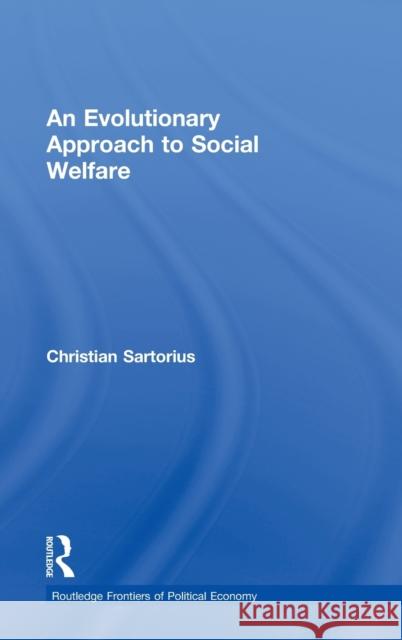An Evolutionary Approach to Social Welfare » książka
An Evolutionary Approach to Social Welfare
ISBN-13: 9780415323352 / Angielski / Twarda / 2003 / 272 str.
A person finds a lost purse with a lot of money in it. Ought she try to return it to its owner or keep it herself? And even more interestingly, what will she actually do? According to standard economic theory, a rational person is supposed to maximize her utility and, at least when unobserved, keep the purse for herself. In reality, however, most people return the purse although they are unobserved or, at least, they feel uneasy about not doing so. Evidently, these people share a common attitude towards other people's property. In social life, norms and values like this typically help in settling potential conflicts of interest to the mutual benefit of all. While not evident immediately, social norms and values play a crucial role in the theory of social choice. In the first half of the twentieth century, the special acknowledgement by economic theory of the autonomy of individuals and their subjective view of the world had led to the serious problem that socially acceptable decisions could not be made in the absence of unanimity. In this work, social norms and values are reintroduced to overcome this shortcoming by applying a common standard and, thus, making individua preferences











